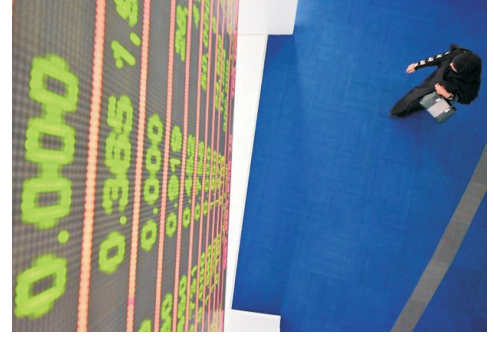WALID HEJAZI AND MOHAMAD SAWWAF
Canada is one of the most diverse countries in the world, a feature that is seen as a significant strength. Religious and cultural tolerance is a Canadian hallmark of which we are all proud. Canadians are free to practice their religion, their holidays and pursue their cultural practices. For some individuals, this also means being able to obtain financial services that conform to their ethical, religious or cultural beliefs. Again, Canada has traditionally been open to such innovations. The one caveat, of course, being that such services conform to Canada’s globally recognized financial regulatory framework, with its focus on stability, sustainability and consumer and investor protection. A potential opportunity for financial services was identified in a report issued by the Toronto Financial Services Alliance and Thomson Reuters. Toronto, with its financial services strengths and growing multicultural population, could position itself as North America’s hub for Islamic finance. So what is Islamic finance? Simply put, it means structuring financial services and products in a different way. Islamic finance products and services are built on sharing the risk equitably among the parties to the transaction, are backed by hard assets, do not employ the charging of interest and do not invest in industries categorized as “sinful” such as alcohol, gambling, pornography or weapons. That’s it. Islamic finance is one of the world’s most rapidly growing areas of international finance. The industry’s total worth – across its three main sectors (banking, capital markets, and Islamic Insurance) – exceeded US$2-trillion in 2018 and continues to have aboveaverage growth, according to key industry stakeholder organizations. Its focus on stability and shared risk among partners actually makes it very consistent with Canada’s financial tradition. Many people would be surprised to hear that many of the companies listed on the TSX and S&P are by default already compliant with Islamic finance principles. Academic studies have shown that Islamic financial institutions fared better than their conventional counterparts during previous economic downturns. This can be attributed in part to less levered balance sheet and backing by hard assets. At a time when some Western banks required bailouts, many Islamic banks continued to grow. Expanding access to Islamic mortgages for Muslims and non-Muslims alike is one area of potential opportunity, giving consumers more options for structuring their financial payments to purchase a new home. In fact, innovation in the mortgage market was the main theme in a speech by Stephen Poloz, the Bank of Canada Governor, at the 2019 Winnipeg Chamber of Commerce. He discussed issues surrounding renewal risk and the lack of a secondary Mortgage-Backed Security (MBS) market. Proliferating Islamic mortgages in Canada would help in this regard and is an innovation that could benefit all Canadians, culturally and economically. It is important to stress that financial institutions offering such services, and businesses engaging in such commercial opportunities, would continue to abide by Canada’s rigorous regulatory framework. These Islamic structures would fit into Canada’s legal environment. As the result of the recent coronavirus pandemic, all levels of government have asked financial institutions to put tools in place to lessen risk across the system as millions of Canadians are furloughed or even worse, terminated from their employment. Some of these measures include mortgage payment deferrals for up to six months, reducing interest rates on credit cards and temporarily removing the minimum payment required until everyone gets back up on their feet.—(Courtesy: The Globe and Mai










